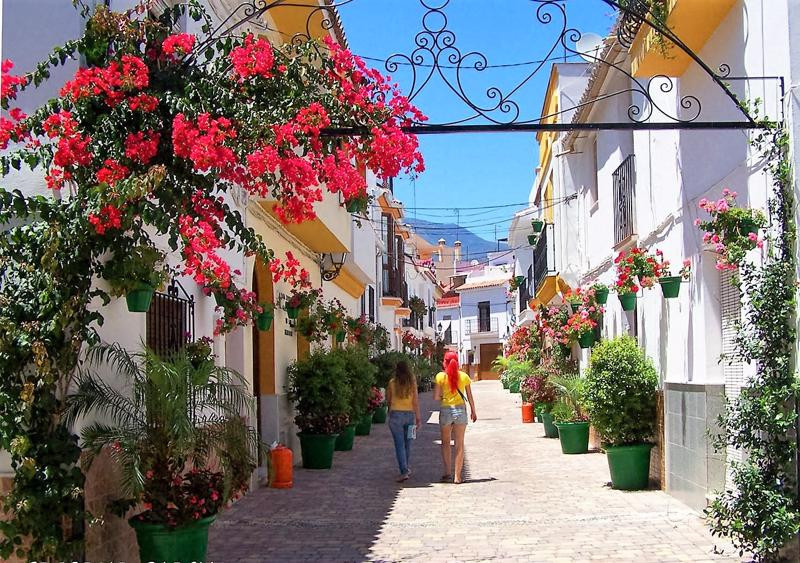Emission-free zones to be set up in Costa del Sol towns
9th March 2022

To this end, towns all over Spain with a population of 50,000 or more, including seven towns on the Costa del Sol, are now required to create low-emissions zones, and can claim cash from the EU Next Generation Fund to help them out.
This goes beyond merely banning cars from a town-centre area, as people and goods need to get about, so it covers public transport reinforcement, cycle lanes and electrically-powered vehicles, among other actions.
Even planting trees may fall within the scope of the funding, since they are one of the planet's best allies against air pollution – they 'drink' CO2 and pump out oxygen.
Cash awarded to major Costa del Sol holiday hotspots will be substantial, and is based upon the size of their population.
To this end, the largest amount goes to Málaga city – just over €10 million – followed by Vélez-Málaga with a little over €3.7m and Benalmádena with nearly €2.9m.
Torremolinos will be given just short of €2m, Estepona slightly over €1.5m, with the final two getting six-figure sums.
Fuengirola will receive €462,000, and the quaint, historic and traditional town of Nerja – popular with holidaymakers who want to experience 'real Spain' and the Costa del Sol vibe on the same trip – receives just over €492,000.
MP for the province of Málaga, Javier Salas, says a large chunk of the grants will be spent on 'more sustainable' public transport.
In Málaga city, for example, around €2m will be spent on replacing the round-town bus fleet, currently running on diesel, for electrically-powered vehicles, whilst nearly €1.2m will be used to create a separate lane and shuttle-bus exclusively for the university campus.
A similar amount will be used for setting up safe cycle routes within and around the city.
Already, in Marbella, all public transport – except taxis – is free of charge to use for every registered resident; the scheme has been extended until March 2023 and, given its success to date, is likely to continue indefinitely.
Published by David
